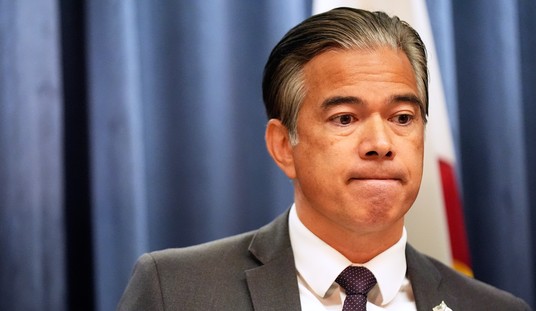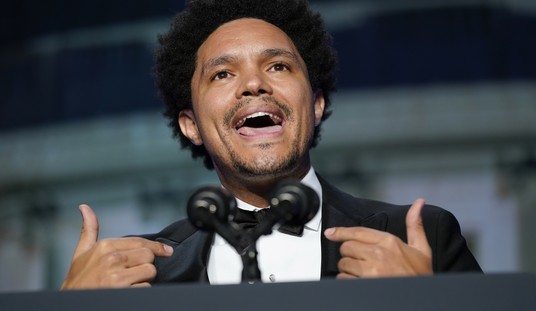The stories about Hillary Clinton’s health had been circulating on a slow boil for quite a while before her sudden collapse on September 11th and I’d always wondered how the campaign would handle it if the topic went national. Flat denial seemed like the most likely route and there’s been plenty of that to be sure. (It’s just the flu, she’s tired from her hard work horse schedule, she’s “powering through” too much, she hates to drink water…) But given the public reaction to the excuses offered it seems like a bit more will be required. This weekend the Washington Post ran an op-ed from Arthur L. Caplan, Director of the Division of Medical Ethics at NYU Langone Medical Center’s Department of Population Health. In it, we’re seeing what might be the backup defensive line and it seems to run along the lines of telling everyone that a candidate’s health shouldn’t be all that interesting because the voters who are judging her are a bunch of fatties who probably couldn’t do ten pushups if their lives depended on it.
If the political furor over Clinton’s pneumonia lingers longer than the illness — which should clear up in a few weeks — that would be a sharp break with history. Voters pay little attention to their own health, and up to now, they haven’t paid much more to the health of the people who want to be president…
With little evidence of serious health issues, how did the physical condition of the candidates grab center stage in this campaign?
Caplan goes on to talk about the political weaponization of medical diagnoses, sounding for all the world like someone has brought up the craziest notion he’s ever heard. Why should we care about the candidates’ health? After all, it’s not like you need to be able to run a marathon to sit at a desk in the Oval Office and sign bills into law, right?
Because while discussions of Clinton’s pneumonia and Trump’s weight make for employment for medical TV wanna-bes and help fill empty air on cable news channels, you don’t need to be all that healthy to be president, much less a politician.
For every muscular bodybuilder turned California Gov. Arnold Schwarzenegger, there are hundreds of paunchy, stressed-out, overweight and possibly mentally impaired occupants of legislatures at all levels of government and in Washington’s highest offices. Our candidates run for office while smoking, drinking, frequenting tanning booths, engaging in unsafe sex, skipping vaccinations,driving recklessly, avoiding exercise and abusing prescription drugs. Judging by election results, voters don’t seem to care.
Caplan is correct that there are plenty of unhealthy politicians out there. Further, the average state of health for the majority of Americans leaves more than a little to be desired. But that seems rather thin gruel as a way of arguing away any concerns over whether Hillary is prone to collapse at any given moment. In fact, his conclusion that voters don’t seem to care is really at odds with current polling. Just this week Morning Consult found that 79% of voters had heard “a lot” or “some” about Clinton’s health scare. 41 percent now say Clinton’s health is below average or very poor.
So is it fair for voters to be questioning this? After all, there is no constitutional requirement for the President to be able to run a five minute mile or bench press 220 pounds. And there’s no assurance that anyone elected to office will remain healthy (or even alive) for the entire term. But we do seem to care about it. These questions come up constantly. Reagan was hit hard over his age during his first run and similar questions were pushed around regarding John McCain. The only difference now is that if you ask anything about Hillary Clinton’s health, your motives are “soaked in gender bias.”
Pull the other one, sister. It’s got bells on it.









Join the conversation as a VIP Member